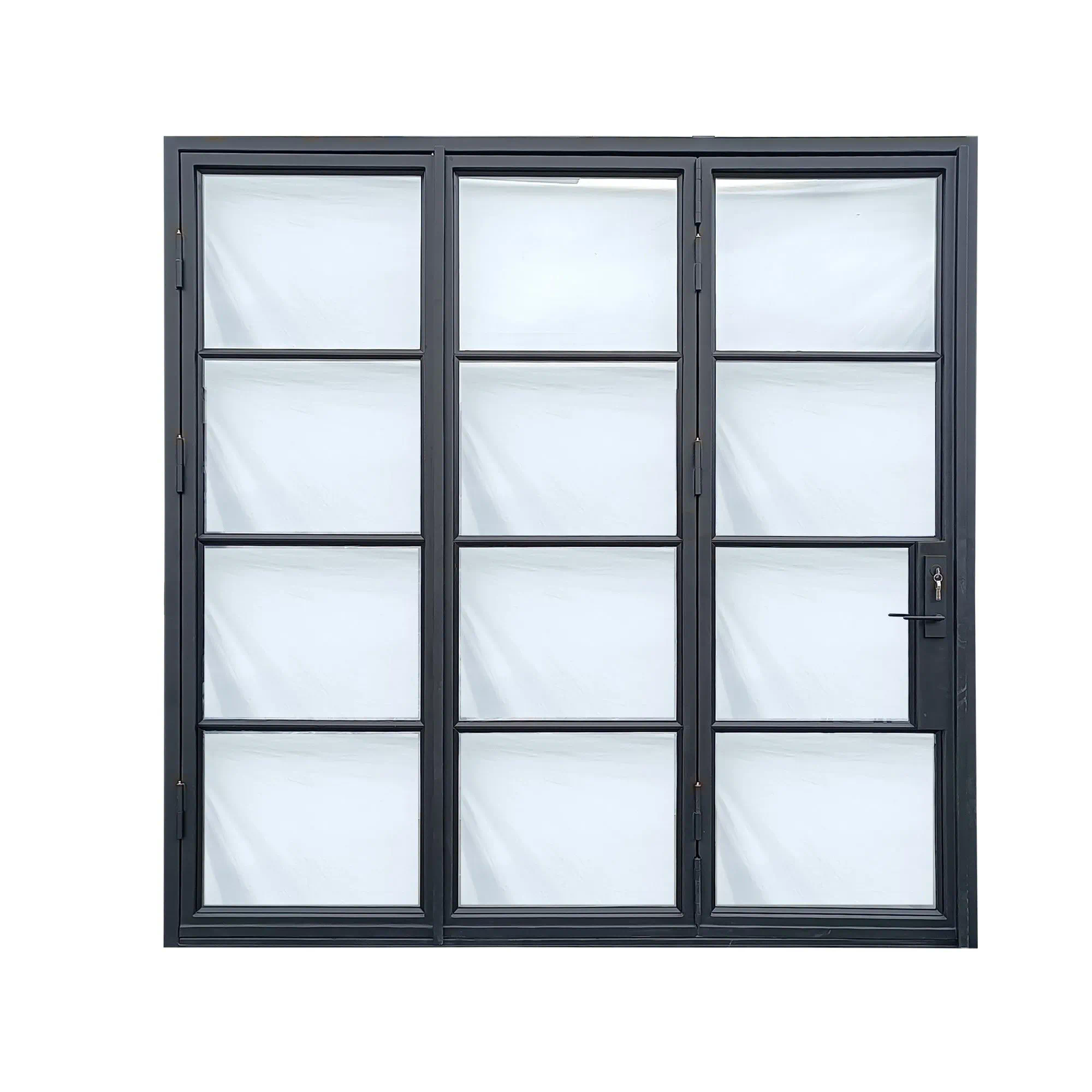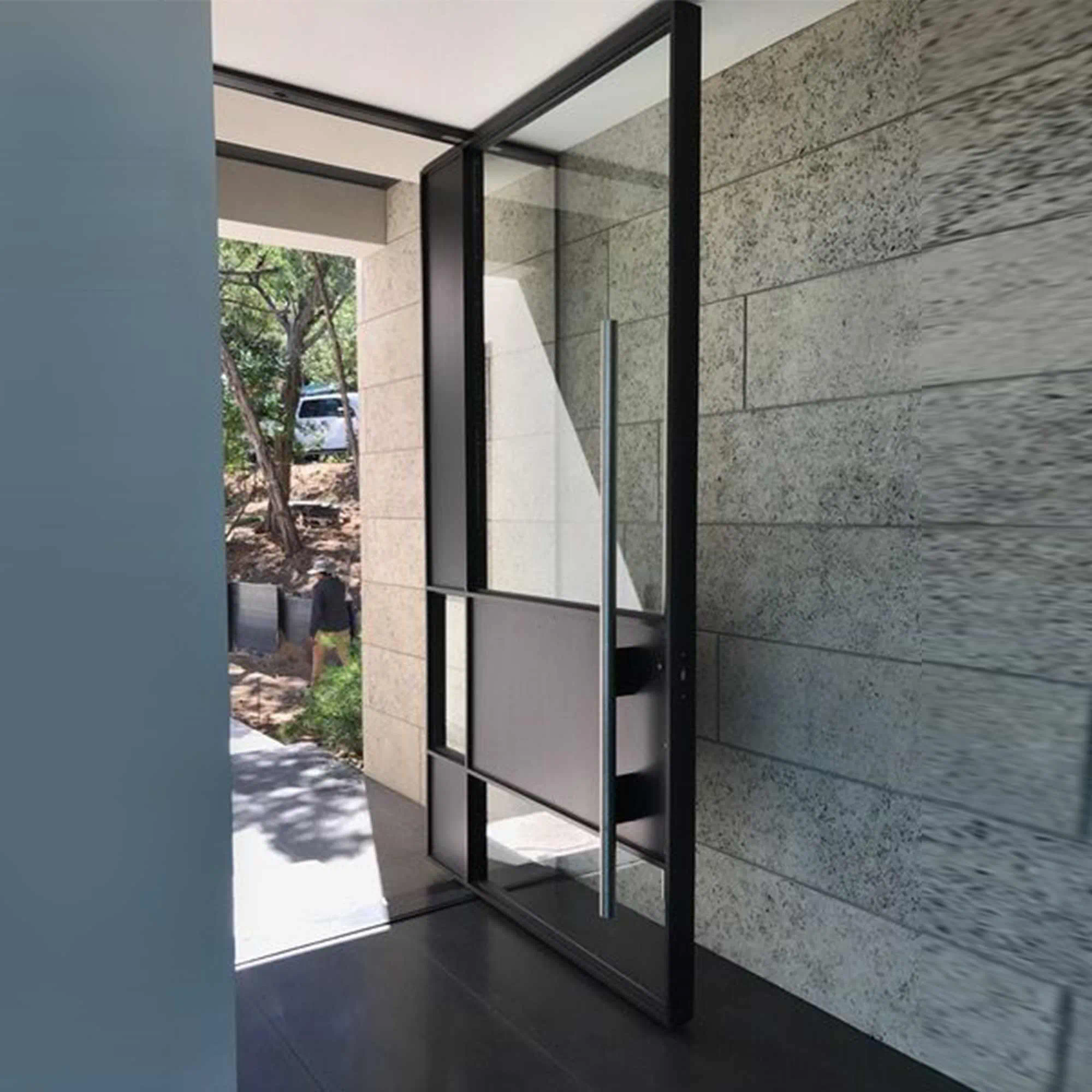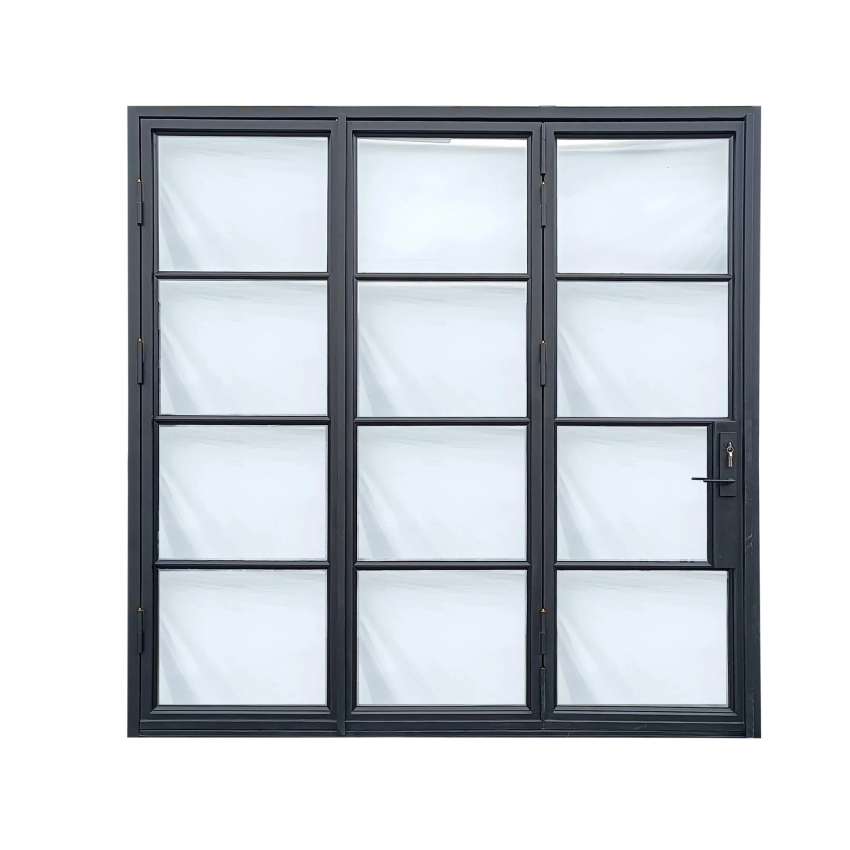When it comes to purchasing used glass lined reactors, there are several important factors to consider to ensure that you are making a wise investment. Glass lined reactors are crucial in many chemical processes due to their resistance to corrosion and ability to handle aggressive chemicals. This article will provide a detailed and comprehensive guide on what you need to know when buying used glass lined reactors, including key considerations, potential pitfalls, and best practices.
Understanding Glass Lined Reactors
Glass lined reactors are specialized equipment used in chemical processes where resistance to corrosive materials is essential. These reactors have a glass lining that provides a protective barrier between the reactive substances and the metal structure of the reactor. This lining ensures that the metal is not exposed to the chemicals, which can lead to corrosion and deterioration. Glass lined reactors are commonly used in industries such as pharmaceuticals, chemicals, and food processing.
The Importance of Glass Lining
The glass lining in these reactors is typically made of borosilicate glass, which is highly resistant to chemical attack. This lining is fused to the metal surface of the reactor through a high-temperature process, creating a durable and non-reactive surface. This makes glass lined reactors ideal for handling aggressive chemicals and maintaining the purity of the products being processed.

Key Considerations When Buying Used Glass Lined Reactors
1. Condition of the Lining: The most critical aspect of a used glass lined reactor is the condition of the glass lining. Inspect the reactor thoroughly for any signs of damage, cracks, or wear in the glass lining. Damaged glass lining can compromise the reactor’s performance and may lead to contamination of the processed materials.
2. Reputation of the Seller: Ensure that you are buying from a reputable seller or dealer. Research their background, read reviews, and ask for references if necessary. A trustworthy seller will provide detailed information about the reactor’s history, including maintenance records and previous usage.
3. Inspection and Testing: Before finalizing the purchase, arrange for a comprehensive inspection and testing of the reactor. This may involve checking the integrity of the glass lining, assessing the overall condition of the reactor, and ensuring that all components are functioning correctly.
4. Compatibility with Your Process: Verify that the used glass lined reactor is compatible with your specific chemical processes. Consider factors such as the reactor’s size, capacity, and materials of construction to ensure that it meets your operational requirements.
5. Availability of Replacement Parts: Check the availability of replacement parts and service support for the reactor. While glass lined reactors are durable, wear and tear can occur over time, and having access to replacement parts and technical support is essential for maintaining the reactor’s performance.
6. Certification and Compliance: Ensure that the used reactor complies with industry standards and regulations. Look for any certifications or documentation that confirm the reactor meets safety and quality standards.
Potential Pitfalls
1. Hidden Damage: Used glass lined reactors may have hidden damage that is not immediately visible. Cracks in the glass lining can be difficult to detect but can lead to significant issues during operation. Ensure that the reactor undergoes a thorough inspection to identify any potential problems.

2. Outdated Technology: Some used reactors may be outdated or lack modern features and technologies. Consider whether the reactor’s design and technology meet current industry standards and whether it will be suitable for your needs in the long term.
3. Warranty and Support: Unlike new equipment, used reactors may not come with a warranty or support. Ensure that you understand the terms of the sale and have access to support if needed.

4. Regulatory Compliance: Ensure that the used reactor meets all relevant regulatory requirements. Using equipment that does not comply with regulations can lead to legal and safety issues.
Best Practices for Buying Used Glass Lined Reactors
1. Do Your Research: Conduct thorough research before making a purchase. Understand the specific requirements of your processes and the features you need in a reactor.
2. Work with Experts: Consider working with experts or consultants who have experience in purchasing used glass lined reactors. Their knowledge can help you navigate the complexities of the buying process and make an informed decision.
3. Negotiate Terms: Don’t hesitate to negotiate the terms of the sale. This may include the price, warranty, and any additional services or support.
4. Documentation: Ensure that all documentation related to the reactor’s history, maintenance, and certification glass lined reactor repair is provided and reviewed. This documentation is crucial for verifying the reactor’s condition and compliance.
5. Plan for Installation and Maintenance: Once you purchase a used glass lined reactor, plan for its installation and ongoing maintenance. Proper installation and regular maintenance are essential for ensuring the reactor’s longevity and performance.
Buying a used glass lined reactor can be a cost-effective solution for many businesses, but it requires careful consideration and due diligence. By understanding the key factors to consider, potential pitfalls, and best practices, you can make an informed decision and acquire a reactor that meets your needs. Whether you are looking for a reactor to enhance your chemical processes or to expand your production capabilities, following these guidelines will help ensure a successful purchase and a reliable investment.
https://manufacturingadvanced.com/
